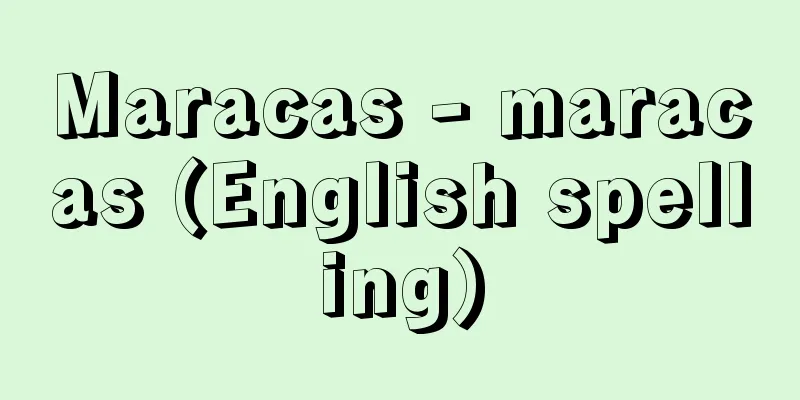Curved Sesame - Kyokugoma

|
… Tops were all the rage in Europe in the 18th and 19th centuries, and in Japan they also became popular during the Genroku period (1688-1704), when many different types were made and were often banned. Although tops were also widely played with by adults, by the end of the Edo period, with the exception of curved tops, they had become entirely children's toys and dominated boys' play. However, they rapidly declined after World War II, and today their survival as a pastime is in doubt. … From Matsui Spring Water...Also written as Gensui. Street performer, incense maker. By the Showa period, there were 17 generations of the Matsui family. Gencho, the founder of the Matsui family, was from Tonami, Etchu, and created the miraculous medicine Hangontan. During the time of the second Dosan, he moved to Fukuromachi, Toyama, and received a red seal from Takeda Shingen to allow him to sell medicine. Around the Enpo and Tenna periods (1673-84), the fourth Gensui went to Edo and began selling Hangontan. To promote and sell the medicine, he performed acrobatics using various types of box pillows (makuragaeshi) and iaido (wielding swords). Around the Kyoho period (1716-36), in addition to iaido, he began to perform kiyokugoma (tops), and when Shogun Ieshige visited Senso-ji Temple, he presented his performances to the Shogun and received a talisman for visiting the temple. ... From [Show] ...A temporary entertainment event held in the precincts of a temple or shrine, showcasing entertainment and various unusual things, and charging an admission fee. *Some of the terminology explanations that mention "curved sesame" are listed below. Source | Heibonsha World Encyclopedia 2nd Edition | Information |
|
… 18~19世紀,ヨーロッパではこまが大流行したが,日本でも元禄年間(1688‐1704)にこまがはやり,さまざまなものが作られ,禁令もたびたび出された。おとなにも盛んに遊ばれてきたこまは,幕末になると,曲ごまを除いて完全に子どもの玩具となり,男子遊びの主流をしめる。しかし,第2次世界大戦を境に急速に衰退し,現在ではその遊事生命をあやぶまれている。… 【松井源水】より…玄水とも書く。大道芸人,香具師(やし)。昭和期までに17代を数える。松井家の元祖玄長は,越中礪(砺)波(となみ)の出身で,霊薬反魂丹(はんごんたん)を創製し,2代目道三のときに富山袋町に移住して,武田信玄から売薬御免の朱印を受けた。延宝・天和(1673‐84)のころに,4代目玄水が江戸へ出て反魂丹を売りはじめたが,その宣伝,販売のために,箱枕をいろいろと扱う曲芸〈枕返し〉や居合抜きなどを演じた。享保(1716‐36)ごろには,居合抜きのほか曲独楽(きよくごま)(独楽)を演ずるようになり,将軍家重の浅草寺参詣のおりには上覧に供して御成(おなり)御用の符を拝領した。… 【見世物】より…寺社の境内や盛場で,臨時に小屋掛けして,芸能および種々珍奇なものを見せて入場料をとる興行物のこと。 ※「曲ごま」について言及している用語解説の一部を掲載しています。 出典|株式会社平凡社世界大百科事典 第2版について | 情報 |
>>: Echinosaurus - Echinosaurus
Recommend
Kanotsume-sou - Kanotsume-sou
A perennial plant of the Umbelliferae family (APG...
khams
… [Classification and phylogeny] It has a long hi...
Radiolarite
...Species such as the Japanese hominin Acanthome...
quintessence
…The Aristotelian philosophy, which had been reje...
Kinjiro Imagi
...Composed and choreographed by Ennosuke Ichikaw...
Basil Henry Liddell Hart
1895‐1970 British military commentator. Served in ...
Amateurism (English spelling)
A term used mainly in the sports world, it refers...
Romance of the Three Kingdoms
A history book about the Three Kingdoms period in...
Usufruct - servitude
A limited real right (other real right) that allow...
Ideas
...It can also be equated with essence or essenti...
Exbury Azalea
...In Japan, there is Rhododendron japonicum Suri...
Broker (English spelling)
A person whose business is to act as an intermedia...
Indian Philosophy
A general term for philosophy and religious thoug...
American Free Trade Association
...The United States launched the Alliance for Pr...
Kanaka tribe - Kanaka (English spelling)
Originally meaning "people" in Polynesia...









